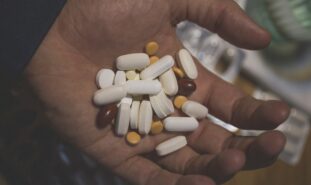
PhD project: Removal of organic micropollutants at Swedish WWTPs
This is the PhD project of Maja Ekblad. Maja is an industrial PhD student at Sweden Water Research and Lund University.
Sweden Water Research conducts research into water and develops new, effective solutions to meet the future challenges facing the water services industry.
We create, run, participate in and initiate projects that seek out suitable partnerships, with the ultimate aim of increasing knowledge of successful methods for the development and climate change adaptation of the cities of the future. Projects within Sweden Water Research are run in close collaboration with the owner municipalities and will, in either the short or the long term, benefit day-to-day operations.
Result of filter: 8

This is the PhD project of Maja Ekblad. Maja is an industrial PhD student at Sweden Water Research and Lund University.
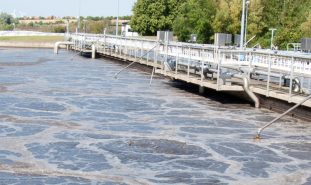
Approximately half of the micropollutants in municipal wastewater are removed in wastewater treatment plants (WWTPs) through adsorption or biological degradation. However, the knowledge about this removal is inadequate.
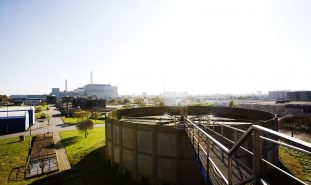
During 2021-2022 bromate formation in ozonation and regeneration of activated carbon were investigated at Sjölunda wastewater treatment plant (WWTP) within a prestudy for a rebuild of the wastewater treatment plant in order to meet a growing population. The project was financed by the Swedish Environmental Protection Agency (Naturvårdsverket).
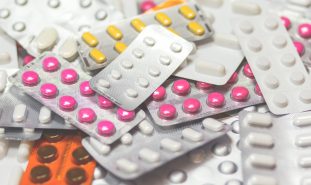
Government funds are currently being invested in feasibility studies and investments for upgrading wastewater treatment plants (WWTPs) with the aim of removing organic micropollutants, such as pharmaceutical residues. What driving forces lie behind the municipalities and water- and wastewater organizations work with this issue and do the investments end up where they contribute the most?

The overall idea of the project was to test new, cost-effective technological solutions, for removal of pharmaceuticals and other CECs as well as antibiotic resistant bacteria, suitable for small and medium WWTPs and to disseminate information on new technologies to the end users.
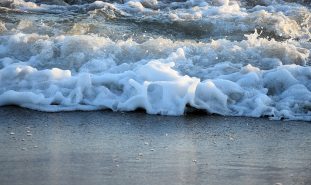
Eco-technological solutions to remove micro-pollutants and micro-plastics from wastewater.
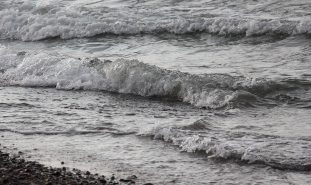
BONUS CLEANWATER was a research project working with solutions to reduce microplastics and micropollutans in the Baltic Sea. The project focused on innovative research on water technology to remove micropollutants and microplastic from wastewater. The solutions were developed in close collaboration with end-users.
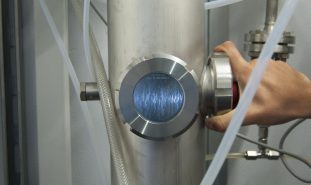
The overall objective of the project is the development of treatment methods designed to reduce drug residues and organic micropollutants in the effluents from existing municipal wastewater treatment plants.